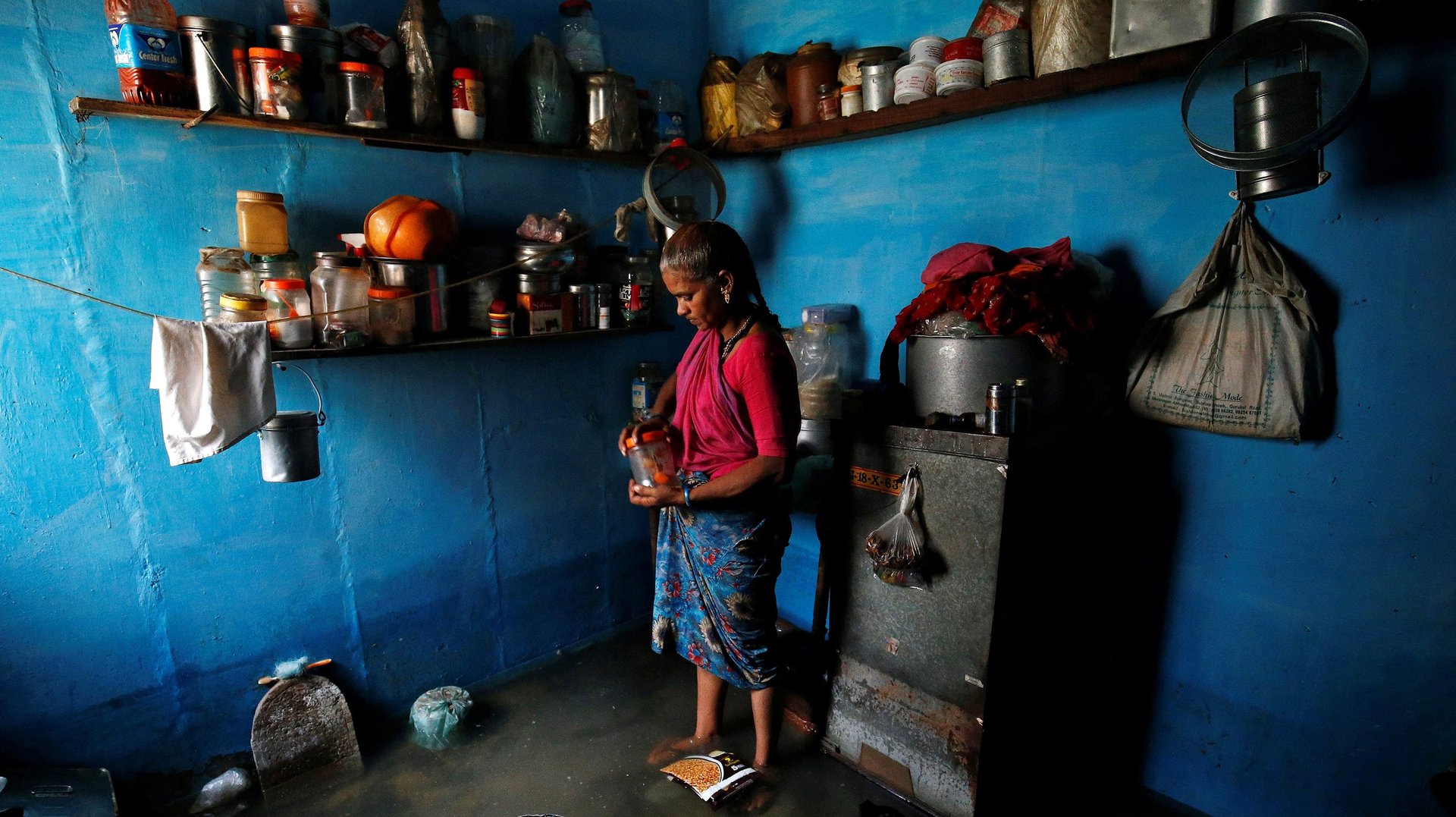The second wave of Covid-19 could mean economic déjà vu for struggling Indian households
It’s like India learned nothing about economic management from the first wave of Covid-19!


It’s like India learned nothing about economic management from the first wave of Covid-19!
The Indian central bank yesterday (April 26) warned that the fresh outbreak of the Covid-19 virus could disrupt the supply of goods and lead to a rise in prices. “The resurgence in Covid-19, if not contained in time, risks protracted restrictions and disruptions in supply chains with consequent inflationary pressures,” the Reserve Bank of India (RBI) warned in a bulletin (pdf). If the prices of goods and services rise, it could dent households’ income as they have to pay more.
This comes at a time when the country had just started recovering from high inflation due to similar reasons during the first wave of Covid-19 last year. In March, despite the marginal rise, the retail inflation stood at 5.5%, which is well within the RBI’s target (2%-6%).
The connection between Covid and price rise
An increase in the number of Covid-19 cases comes with states imposing lockdowns, which disrupts the movement of goods and delivery of services.
Last year, when the Indian government imposed a hasty nationwide lockdown with a four-hour notice, most supply chains went for a toss and citizens struggled to get basic supplies for weeks before norms were clarified to allow the movement of trucks and trains carrying essentials.
Earlier this month, as the number of Covid-19 cases started rising in some states, local governments resorted to lockdowns in pockets. And just like the last time, no provisions were made to ensure that the supply of goods could continue smoothly.
What’s worse is that the second wave of Covid-19 is proving to be far more damaging than the first. The number of daily deaths and infections has been hitting a record high for weeks now. So lockdowns may remain a norm for some more time, and that would mean even more stress on supply chains and a further spike in inflation.
India’s economy and pandemic
Besides being more deadly, the second wave poses a greater risk to the Indian economy than the first one.
Since the spread of the Covid-19 virus pushed the Indian economy into a deep slowdown last year, the RBI has been on a rate-cutting spree. It has dropped the repo rate, the rate at which it lends to banks, at a record low to fire up the economy. A low-interest rate scenario is essential to woo businesses to borrow and spend when the economy is in a slowdown.
There are concerns now over how much headroom the RBI has left to help the country in navigating the economic impact of this second wave.
In its bulletin, the RBI stated that healthcare infrastructure and vaccination needs to be ramped up to stop the Covid-19 virus, which could help in attaining economic stability. “Pandemic protocols, speedier vaccination, ramping up hospital and ancillary capacity, and remaining resolutely focused on a post-pandemic future of strong and sustainable growth with macroeconomic and financial stability is the way forward,” the RBI has said.